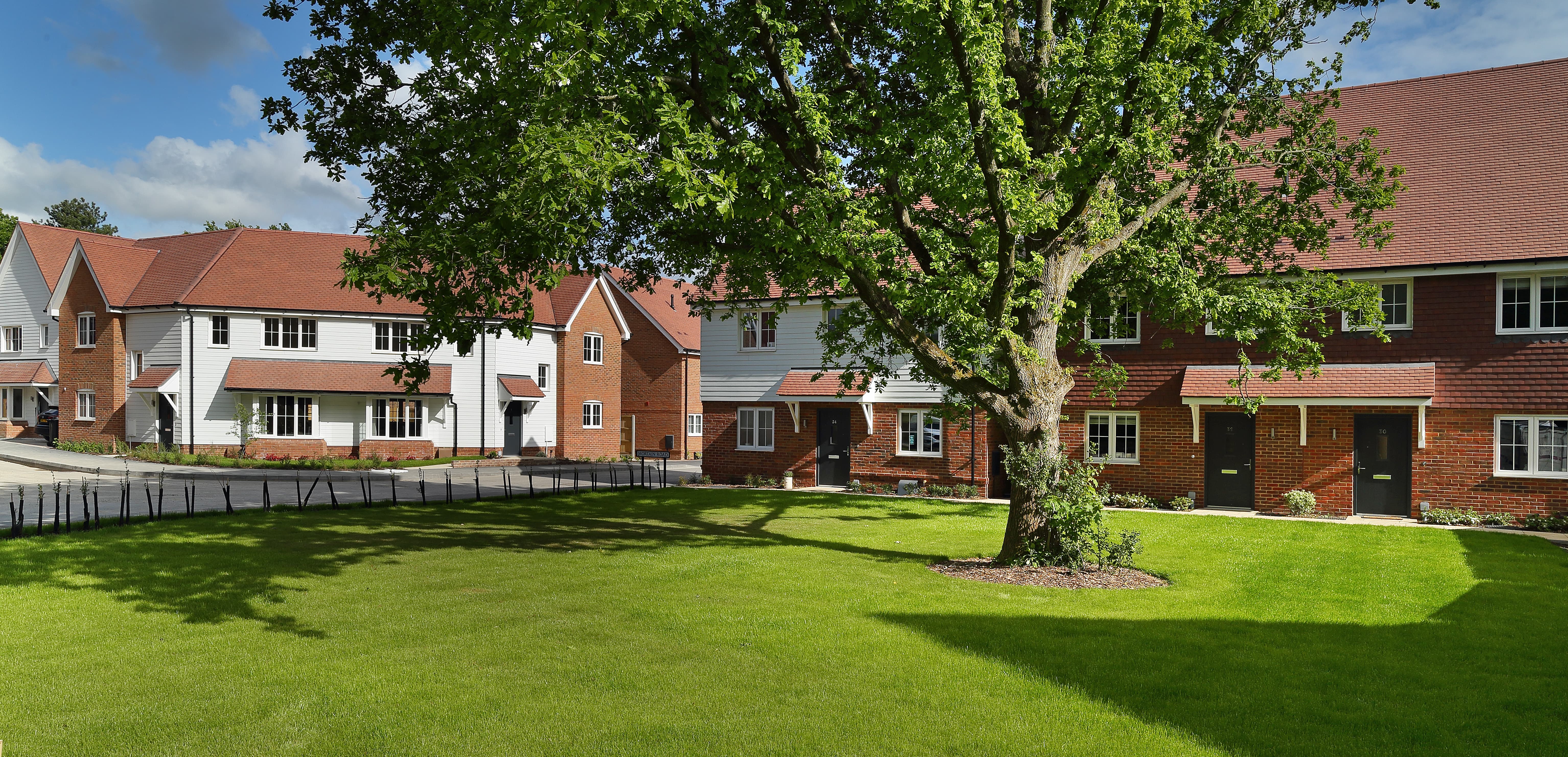This week's announcement of the UK Planning and Infrastructure Bill marks a pivotal step towards addressing our nation's housing crisis. The commitment of the new Labour government in July 2024 to build 1.5 million homes over the next five years, coupled with streamlined planning processes, is a promising development for the housing sector.
We sat down with our Group Land and Planning Director, Duncan Klitgaard, who emphasises that these reforms have the potential to accelerate our project timelines and, collectively, enable housebuilders to help address the national housing shortage.
What are your thoughts on the new Planning and Infrastructure Bill?
The changes outlined in the Bill are truly welcomed, as long as words turn into action. The UK planning system has stagnated for a number of years, with it becoming increasingly difficult and uncertain to get high-quality and much-needed new homes through planning committees in a timely way.
The proposed changes will not only benefit local communities in need of both new private and affordable homes, but for housebuilders too, particularly SMEs like Elivia Homes, who take a lot of financial risk during the planning process. Lengthy planning delays and the often need to appeal planning applications, which then ultimately get granted, has significant implications on the construction timeline, and the overall cost of that development.
A more efficient planning system will create an environment where we can accelerate the delivery of our land pipeline and gives us the confidence to further invest in new development opportunities, bringing forward much-needed homes at a faster pace.
What are the key elements of the Bill which you think will have the biggest impact for Elivia Homes and other housebuilders?
There are significant changes to the planning system ahead, which could really be a game-changer for housebuilders.
The measures to streamline planning decisions through the introduction of a national scheme of delegation will be particularly impactful. The new scheme will set out which types of applications should be determined by officers, and while it’s uncertain exactly how this will look, it’s expected that this will bring more consistency and certainty to assessments.
There will also be changes to the size and composition of planning committees, with the expectation being that smaller committees can result in more effective debates and decision making. In addition, new mandatory, standardised training for planning committee members and the requirement to achieve certification to become a planning committee member will result in more informed decisions. In turn, this will accelerate the delivery of high-quality and much-needed homes at a local level and support local council’s five-year land supply.
Each of these could really overhaul the current stagnant planning system. As housebuilders, we often invest a lot of time and effort in conducting well-thought-out and productive pre-application meetings with local planners, only to then have applications rejected at committee. The streamlining of the planning process, and the investment in training committee members will together result in more positive decisions for housebuilders and local communities.
As well as progress being made in streamlining the planning process, the new Bill also sets out plans to empower development corporations and reform compulsory purchase systems. These will reduce the bureaucratic delays often seen in the land-buying process, with local representatives now being responsible for ensuring landowner compensation is fair but not ‘excessive’ and that the process of removing the ‘hope value’ can be sped up where projects are in the public interest.
For housebuilders, this means quicker transitions from land acquisition to development, allowing for faster project completions and reduced land-banking. As such we can seek to grow our development portfolio quicker, as we progress through our existing land pipeline.
As well as tackling the functionality of the planning system, the Bill also outlines new sustainability regulations around new build development. What are your thoughts on these?
Sustainability is a key value of ours at Elivia Homes as we have a great opportunity to have a positive, lasting impact on the environment through proactive and considered design, so we welcome these changes.
Allowing developers to contribute towards an all-encompassing environment restoration fund, spearheaded by an organisation like Natural England, aligns with our commitment to unlocking sustainable developments. I think the impact of looking at environmental projects at a strategic level, rather than site-by-site environmental mitigation, will overall have a more positive impact on habitats and biodiversity across the country.
At Elivia Homes, we look forward to working closely with planning officers and committees to contribute to a future where housing targets are met quickly, effectively and sustainably.
Find out more about our land acquisition strategy and a current development portfolio.

